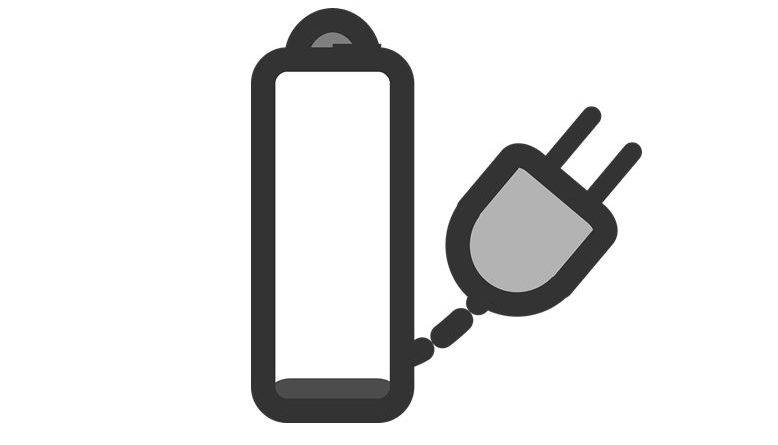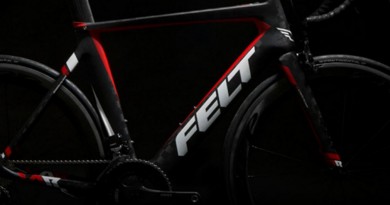Is a brand neutral charging standard on the horizon for the electric bike market?
A brand neutral charging system for electric bikes is on the discussion table with some of the bike industry’s key players, CyclingIndustry.News has learned.
Though far from an imminent introduction, it is believed that key players in the electric bike market seem to agree that an industry standard of sorts would be beneficial for numerous reasons, from safety to public e-bike share benefits.
CyclingIndustry.News has covered at length the potential for danger should brand chargers be confused, for example. For more on that, we recommend checking in with the below articles:
- Electric Bikes: The pitfalls in determining a battery’s state of charge
- Comment: Know your e-bike batteries inside and out
- Electric bikes: Best practice tips for the modern workshop
It is understood that further to benefits to the safety of bike shop mechanics and consumers alike that harmonisation would hugely benefit public charging infrastructure, which at a time when electric bike hire schemes are growing in popularity is deemed crucial to futureproofing. Any future standard would communicate between bike and charger to ensure that correct currents and voltages are delivered. Safeguards would likely feature.
“Currently any sort of public charging is problematic – just about every brand has its own charger, different bikes need different voltages/currents, and the chargers supplied with the bikes are not weatherproof. So a published open charging standard, if widely adopted, could open up new applications and business models,” explains Peter Eland, the Bicycle Association’s technical manager.
At present worldwide ISO regulations for electric bikes remain a work in progress and the proposal for open charging falls under the new ISO 4210 Part 10 framework.
According to Eland, ISO 4210 parts 1 to 9 has been adopted as a British (BS) and harmonised European (EN) standard. This series (part 1 to 9) is also just entering its first revision phase, while ISO standards typically get revised every five years.
Development of Part 10 is being driven by Japanese and German businesses and is based largely on recently adjusted European e-bike standard EN15194. It is understood that both China and the USA (regions with different regulations to those present in Europe) are also very much at the discussion table in ensuring that any potential standard meets their country’s needs.
“It’s not yet clear whether the EU (and the UK) will adopt ISO 4210:10, to replace BS EN 15194, when it is eventually published (most involved seem to think this is at least two years away). That depends on whether the new ISO standard also satisfies the EU’s requirements for ‘harmonisation’. But it is likely this will happen,” concludes Eland.



